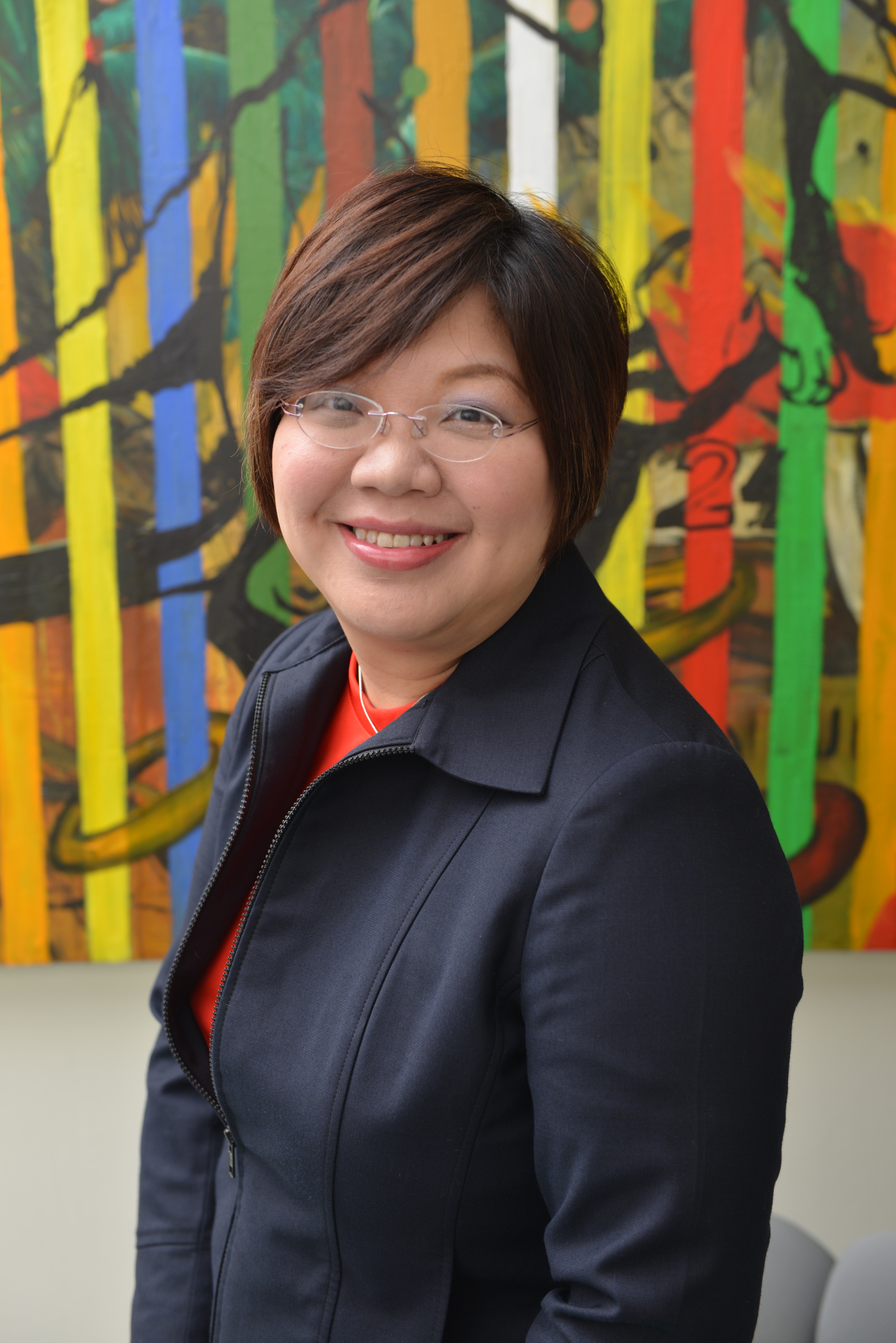Young Children’s Voices in Mathematical Problem Solving
Contributed by Dr Ho Siew Yin and Sng Wei Qin Abbie, from NTUC First Campus, for SingTeach Virtual […]
Read More
Besides imparting knowledge in engaging ways, it is even more important for teachers to inculcate values and develop students’ characters to help them to thrive in today’s volatile, uncertain, complex and ambiguous (VUCA) world. Prof Low Ee Ling, Dean of Teacher Education, elaborates on what it means to be a teacher in the 21st century and why holistic development is central to today’s teaching and learning.

Guest Editor Low Ee Ling believes that at the heart of any good teacher is the care for the learner.
Picture this: You see a mother and her child leisurely reading books on the train – an uncommon sight amidst widespread technology use today. Curious, you ask the mother how she encourages her child to read a book when the young today prefer YouTube and Instagram.
The mother replies, “Children don’t always learn by being told what to do. They learn by seeing what we do.”
Prof Low, who is also from the English Language & Literature Academic Group at NIE, notes that in the same way that children model their parents’ behaviours after spending many hours in a day with them, students likewise model their teachers as they see them nearly every day for 6 to 8 hours.
“Such regular contact cannot be understated,” says Prof Low. “After all, teachers are at the forefront of shaping the lives and minds of students. If they are to nurture students to be good individuals, they must first exemplify what it means to be a ‘good’ person.”
Prof Low explains that there are many different characteristics that a “good” teacher should have.
“Children don’t always learn by being told what to do. They learn by seeing what we do.”
– Low Ee Ling, on students looking to teachers as their role models
This includes having a passion to teach and the ability to adapt one’s teaching methods to suit the diverse learning needs of students.
Even then, there are also just as many terms, definitions and even perspectives that may change, evolve or be replaced.
If so, is there a constant that is able to transcend temporal factors like culture, time and language?
Prof Low has the answer: “At the heart of any good teacher is the care for the learner. This has always been, will continue to be and must never ever change.”
She vividly remembers how a former teacher, Mrs Cecile Tan from CHIJ St Joseph’s Convent, made a positive impact by teaching her, first and foremost, about important values that kept her grounded in life.
“She made every single moment a teachable one and taught me that success in life is about building character and having an unwavering sense of integrity,” she recalls.
Now, Prof Low exemplifies this same love and legacy in the way she teaches her student teachers, “She, and now I, have the learner at the heart of our teaching.”
“As professionals, teachers should constantly strive to be lifelong learners to ensure that we are always relevant to our learners.”
After all, a beginning teacher in the 1980s would be teaching an entirely different group of learners from the millennial generation today.
“We also want our 21st-century teachers to have a heart for the learner, a strong sense of identity and pride as teachers, and be committed to serving the teaching fraternity and the community,” Prof Low says.
In line with MOE’s goals for students to become confident persons, self-directed learners, active contributors to society and concerned citizens, NIE does the utmost in its teacher education programmes to ensure that every student teacher can bring out these attributes in their future students.
She adds, “At NIE, we are also committed to the lifelong growth and development of our future generations and we recognize that teachers can make all the difference.”
“We want our 21st-century teachers to have a heart for the learner, a strong sense of identity and pride as teachers, and be committed to serving the teaching fraternity and the community.”
– Ee Ling, on what it means to be a 21st century educator
“Our society needs to have people with diverse talents to thrive, and the goal of effective teaching should thus be to nurture our young to enable them to have the best chance at succeeding in life,” shares Prof Low.
Content will provide much-needed knowledge and expand one’s mind but is just one facet of effective teaching. The other aspects include maximizing the potential of learners and nurturing them to be effective contributors to both the local and global communities.
So how can we ascertain whether a teacher has been effective and impactful?
“No matter the failures, heartaches or what seems to be an impossible undertaking, if you can just touch one learner’s life by impacting him or her in a positive way, that is when you know you have succeeded as an educator,” explains Prof Low.
Ultimately, Prof Low believes that teaching is an important profession because teachers are also nation-builders. They shape the future of our nation through the students whom they teach and whose lives they have touched.
“You may not even know the extent of your impact in the betterment of the lives of your students but the hope that this might happen must drive you to be the best educator you can ever be,” she concludes.
“No matter the failures, heartaches or what seems to be an impossible undertaking, if you can just touch one learner’s life by impacting him or her in a positive way, that is when you know you have succeeded as an educator.”
– Ee Ling